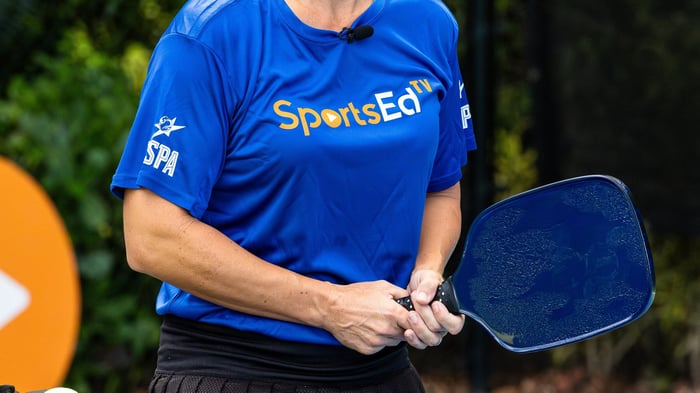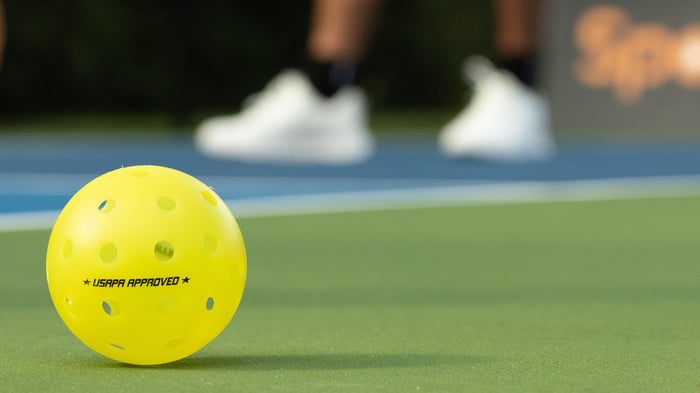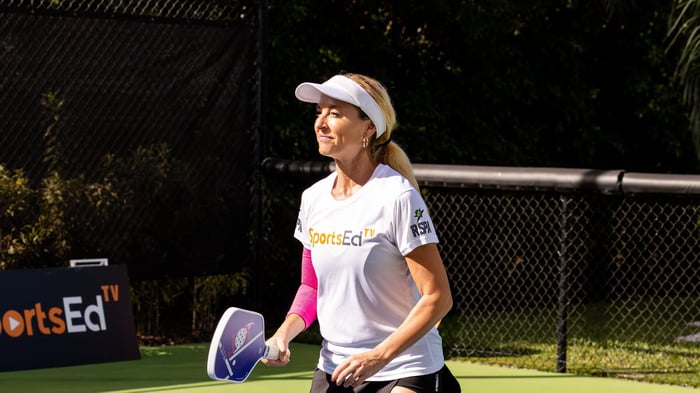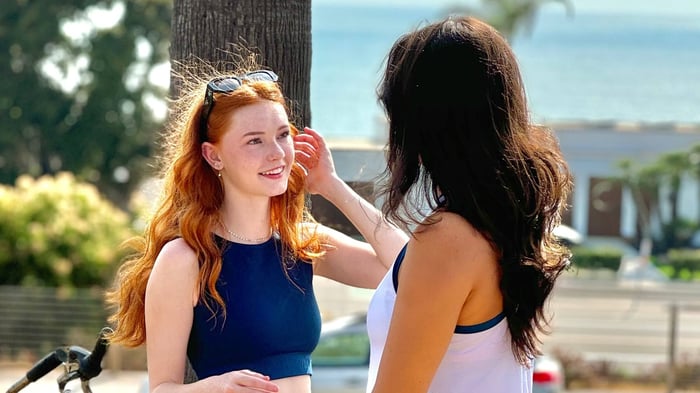Key takeaways:
Professional coaching accelerates skill development, enhances strategic play, and builds mental toughness for competitive pickleball players.
Personalized coaching provides targeted feedback and custom training plans, helping players overcome performance plateaus and achieve their goals.
Group coaching and community connections foster collaboration, accountability, and access to advanced practice opportunities, driving continuous improvement.
Standing at the baseline, paddle in hand, you notice something’s off with your serve. Despite hours of practice, that winning edge remains just out of reach. Tournament players know that raw talent and dedication aren’t always enough—professional coaching is often the game-changer that turns good into great. In fact, studies show that athletes who work with coaches tend to improve more quickly in both technique and strategy.
Success in pickleball takes more than repetition. It requires smart, structured feedback to refine your form, sharpen your instincts, and build mental grit. At PB5star, we believe that pairing quality coaching with performance-focused gear sets the foundation for real progress because when your training and equipment are aligned, your confidence grows with every match.
Why coaching matters for competitive pickleball players
Working with a coach can add structure and clarity to your development on the court. Focused instruction and timely feedback often help players identify patterns in their game, whether it’s refining footwork, adjusting paddle angles, or making smarter shot choices. Many players find that coaching supports more intentional practice and helps them grow in areas that are easy to overlook when training solo.
Experienced coaches also introduce strategic elements that may not come naturally without guided repetition. Practice sessions often include simulated match situations, giving players a chance to explore different tactics and improve their ability to respond under pressure. For those competing at higher levels, this kind of structured environment can offer valuable opportunities to reflect and recalibrate between tournaments.
Across the pickleball community, we’ve seen players benefit from individualized coaching, whether that means breaking through a performance plateau or simply gaining more confidence during gameplay. One-on-one time with a coach creates space to focus on your specific style, experiment with new techniques, and approach challenges with a bit more intention.
What to look for in a great pickleball coach or mentor
The right coach makes a real difference in your competitive journey. Here's how to spot a coach who will help you play with confidence and purpose:
Bring certified expertise to every session through PPR, PCI, or USPTA qualifications. Top coaches invest in their skills to bring you the latest techniques and strategies.
Track your progress with detailed feedback and clear action steps. A skilled coach spots patterns in your play and builds your confidence through targeted improvements.
Connect naturally with players of all levels. Watch how potential coaches communicate during group sessions - their teaching style should match your learning preferences.
Build strong community ties through local events, tournaments, and player meetups. The best coaches create opportunities for growth both on and off the court.
Share practical match experience from their own competitive play. Look for coaches who actively compete and understand the pressures of tournament performance.
What to expect in a pickleball coaching session
If you’ve never worked with a coach before, you might wonder what a session actually includes. The goal isn’t to change your game overnight but to help you build awareness, refine technique, and practice with more intention.
Most coaching sessions follow a structure that blends instruction with hands-on learning:
Observation and warm-up: Your coach may start by watching you hit a few shots or run basic drills to gauge your timing, form, and footwork. This helps them identify where you’re solid and where there’s room to grow.
Focused drills: Based on your goals or what they observe, your coach will guide you through specific exercises. These may cover anything from dink control and transition footwork to serve returns or net positioning.
Situational play: To build decision-making skills, many coaches introduce mini games or match-like scenarios. This helps you learn how to adapt in real-time, whether you’re defending, resetting, or setting up an attack.
On-the-spot adjustments: Good coaching includes timely, specific feedback. You might work on changing your paddle angle, resetting your stance, or slowing your tempo when rushed.
Wrap-up with takeaways: Most sessions end with a short review of what went well, what needs work, and how to continue practicing on your own.
Each session is designed to help you understand not just what to do but why it matters, so you can apply what you’ve learned during matches and rec play.
How to prepare for your coaching session
Coming to your coaching session prepared can make a real difference in what you get out of it. A little planning shows your coach where your focus is and helps you make the most of your time together.
Start by thinking about your goals. Are you hoping to improve your consistency at the kitchen line? Do you want to build a stronger third-shot drop? Having a clear focus helps your coach tailor drills and feedback to your needs.
Next, take a moment to check your gear. The paddle you use, the court shoes you rely on, and the apparel you wear all contribute to how confidently you move and perform during training. If you're trying new strategies or techniques, it helps to work with gear you trust and feel comfortable in. You might even consider updating your paddle or selecting performance apparel that allows for full mobility, especially during fast-paced footwork drills.
Hydration, rest, and a light snack can also go a long way, especially if your session is long or the weather is warm. Finally, bring a notebook or use your phone to jot down a few notes afterward. It’s a great way to track progress and remember the small corrections that made a difference during the session.
Being intentional about how you prepare shows that you’re invested in your growth, and it sets the tone for a productive, energizing experience.
Elevate your game, one coaching session at a time
Growth in pickleball doesn't happen by accident. It comes from showing up, asking questions, and being willing to adjust your game piece by piece. Coaching gives you that framework, someone in your corner to help you train smarter, not just harder.
Whether you're chasing tournament wins or just want to feel more confident at open play, working with a coach helps you move forward with intention.
At PB5star, we’re all about supporting that journey. When your mindset, your practice, and your preparation align, progress is just a matter of time.
FAQs
How do I connect with a great pickleball coach?
Start by tapping into your local pickleball community - experienced players often know the most inspiring coaches. Check the Professional Pickleball Registry for certified coaches, and look for someone who offers a practice session to make sure your styles match. The best coaches combine strong teaching skills with a track record of helping players win tournaments.
Should I choose private or group coaching sessions?
Both options offer unique benefits. Private sessions give you focused attention to fix specific challenges in your game. Group sessions cost less (typically $25-40 per person) and create an energetic practice environment where you learn from other players' questions and experiences. Many competitive players mix both formats for the perfect balance.
How often should I schedule coaching time?
Start with sessions every other week, which typically run $75-100 per hour for private instruction. This spacing lets you practice new skills between meetings while maintaining momentum.
What can I do when I hit a skill roadblock?
A fresh perspective from a coach can spot small form improvements that make a big difference. Mental game coaching helps break through confidence barriers, while targeted drills build muscle memory for those tricky shots that aren't quite clicking.







